Nonaddictive Medications for Anxiety
There are a number of nonaddictive medications on the market that have been proven effective for the treatment of anxiety. (Learn more: Why Should I Choose Nonaddictive Medications to Treat Anxiety?) From antidepressant medications to specific drugs that treat insomnia or other specific symptoms related to anxiety, there are ways to use pharmacological assistance while minimizing the risk of developing a debilitating addiction. (Learn more: Antidepressants) Though benzodiazepines are often the first line of pharmacological defense against anxiety, many prefer to avoid it. The effects of these short-acting drugs are felt quickly, but only lasts for a short time. Regular use of these pills is not recommended beyond a few weeks due to the high likelihood of addiction. In addition to medication, there are a number of lifestyle changes and behaviors that can be made to increase the efficacy of nonaddictive medications and reduce anxiety overall. The specifics of your anxiety disorder treatment plan should be determined by you and your doctor. Any use of medication, addictive or otherwise, and all medication changes should be approved by a physician and supervised closely. Additionally, herbal supplements and alternative therapies will be most effective when used in conjunction with traditional treatments and under the supervision of medical professionals. (Learn more: What Can I Do to Increase the Likelihood That Nonaddictive Medications Will Be Effective?)
Antidepressants
Depression symptoms are often associated with anxiety disorders, and many who struggle with anxiety symptoms also struggle with a depressive disorder. When this is the case, the use of antidepressant drugs, such as selective serotonin reuptake inhibitors (SSRIs) and serotonin and norepinephrine reuptake inhibitors (SNRIs), can manage anxiety-related symptoms. These drugs work by changing the chemical balance in the brain. In most cases, symptoms are presumed to be caused by a lack of serotonin or norepinephrine, two brain chemicals that are connected to feelings of happiness. Specifically, they work by blocking the reuptake of serotonin and/or norepinephrine after these chemicals are released, allowing them to have a stronger effect on your mood and anxiety symptoms. Most antidepressant brands take four to six weeks to have an impact on your symptoms. It is not possible to become addicted to antidepressants even if they are taken for years. However, there are a few considerations to keep in mind:
A physical tolerance can develop, requiring an increase in dose or a medication change in order to continue reaping the benefits.
Abrupt cessation of use can result in uncomfortable withdrawal-like symptoms, as the body can become dependent on the drug without developing an addiction.
Many antidepressants come with side effects, the degree and specificity of which may vary according to the individual.
It can take time for antidepressants to build up inside your system, which means it can take time before you experience symptom-related relief.
Antidepressants alone are not a cure for anxiety. It is essential to make therapy a part of your life in order to aid your recovery and make it sustainable long-term.
Some examples of the most commonly prescribed antidepressants include:
Escitalopram, sold under the brand name Lexapro.
Fluoxetine, sold as Prozac.
Sertraline, also known as Zoloft.
Citalopram, sold as Celexa.
Beta Blockers
Beta blockers work by slowing down heart rate and treating some of the other physical symptoms associated with anxiety, like hyperventilation and heavy sweating.
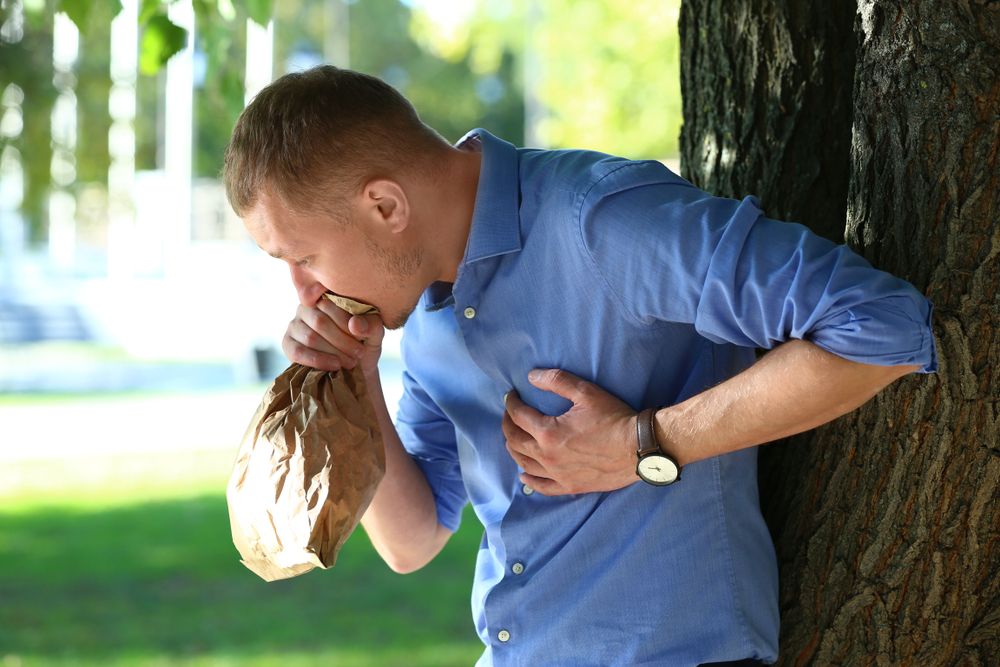
They are often prescribed to help people who struggle with phobias, social anxiety, or panic attacks that lead to disruptive physiological symptoms. They do not address the mental processes that can lead to these physical symptoms, so they are never used as the sole source of treatment for anxiety. Common beta blockers prescribed for the treatment of anxiety include atenolol (Tenormin) and propranolol (Inderal).
Buspirone has been regularly prescribed to treat anxiety since the FDA approved its use for this purpose in 1986. Though there is no clear consensus regarding how buspirone works in the body to alleviate anxiety symptoms, it is believed to decrease levels of dopamine and increase the release of serotonin, causing a mild tranquilizing effect. Buspirone is significantly shorter-acting than antidepressants, taking up to two weeks to build up to effective levels in the body compared to four to six weeks for antidepressants. Buspirone can also be taken for weeks without the risk of addiction.
Ramelteon is a medication specifically used for treating insomnia, an issue that commonly plagues people living with anxiety. Buzzing thoughts and intense worrying can make it hard to fall asleep, sleep soundly, and/or stay asleep. Many primary care physicians will prescribe a benzodiazepine like Xanax or Ativan to help you go to sleep if you struggle with this issue, but the problem is that these drugs are highly addictive and not designed to be taken for longer than a couple of weeks. Ramelteon, on the other hand, is a hormone rather than a sedative. It functions by regulating the 24-hour cycle in the body, making it easier for you to fall asleep at bedtime and wake up when it’s time to get up. Rather than binding to opioid receptors in the brain and body, it binds to receptors for melatonin. It is approved for use for long periods with no risk of addiction development.
Antihistamines
Often available over the counter, antihistamines are used to stop the histamine response associated with negative reactions to environmental stimuli. For example, if you struggle with allergies during pollen season, you might take antihistamines to dry up your sinuses and help you function without constant sneezing and watery eyes. The active ingredient in most popular antihistamine brands, diphenhydramine, is useful for treating anxiety. Diphenhydramine causes drowsiness in all users, so those who struggle with anxiety may find these sedating effects to be helpful for managing panic or other anxiety symptoms. Another antihistamine, hydroxyzine (sold under the brand names Vistaril and Atarax) is often prescribed for the treatment of anxiety. It can cause significant drowsiness. Operating a vehicle should be avoided when under the influence of this medication.
Why Should I Choose Nonaddictive Medications to Treat Anxiety?
Anxiety disorders can be overwhelming, making it difficult to function on a day-to-day basis or get the sleep necessary to achieve optimal physical and mental health.
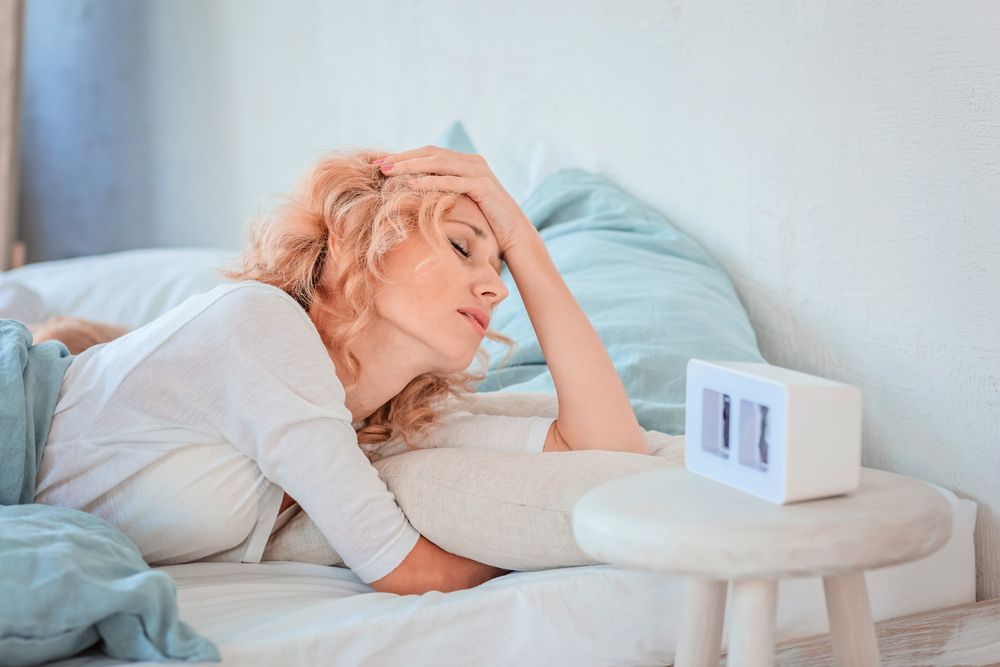
Often, the first response is to take benzodiazepines, a classification of drugs that are both sedative and addictive. Though they are fast-acting, these medications are only designed to be taken for a brief period, and it can take just a few weeks to develop a life-threatening addiction. Never combine these pills with alcohol or other drugs. Do not get multiple prescriptions for the same or similar medications from different doctors. Even if you take the drug exactly as prescribed by your physician, you still have a high likelihood of developing an addiction. Benzodiazepines are potentially deadly. Even detoxing without medical supervision can result in fatal complications. Additionally, because the drugs are taken in a state of heightened anxiety that makes it more difficult to make measured and thoughtful decisions, the risk of inadvertent overdose is extremely high. Whenever possible, nonaddictive medications are recommended as the first line of defense against anxiety disorders as part of a comprehensive therapeutic treatment plan.
What Can I Do to Increase the Likelihood That Nonaddictive Medications Will Be Effective?
Because nonaddictive medications do not offer instant relief from anxiety-related symptoms, it is important to learn actionable techniques for managing those symptoms in the moment. In order to determine the best course of action for your situation and get the most out of any medication you use, you can:
Work with a therapist who specializes in anxiety-related disorders.
Consider holistic therapies that aim to lower overall stress levels while offering a coping mechanism that can be effective. Yoga and breathing exercises work well.
Make lifestyle changes that promote wellness, like adjusting sleep schedules, implementing a functional exercise regimen, and maintaining a healthy, balanced diet.
Build positive relationships and spend less time taking part in relationships defined by unhealthy communication and lack of support.
If you are struggling with anxiety and your symptoms are preventing you from living your life to the fullest, seek the support and care of a medical professional to learn more about your options.
References
Anti-Anxiety Medications Explained. (November 2011). Psychology Today.
Benzodiazepines (and the Alternatives). (March 2019). Harvard Health Publishing Harvard Medical School.
How Diet and Exercise Affect Your Anxiety (April 2019). Verywell Mind.
Herbal Medicine for Depression and Anxiety: A Systematic Review With Assessment of Potential Psycho‐Oncologic Relevance. (February 2018). Phytotherapy Research.
Chronotype Associations With Depression and Anxiety Disorders in a Large Cohort Study. (December 2015). Depression & Anxiety.
Comparing the efficacy of benzodiazepines and serotonergic antidepressants for adults with generalized anxiety disorder: a meta-analytic review. (March 2018) Expert Opinion on Pharmacotherapy.
Blocking Serotonin but Not Dopamine Reuptake Alters Neural Processing During Perceptual Decision Making. (2016). Behavioral Neuroscience.
Addiction Theory Matters—Why There Is no Dependence on Caffeine or Antidepressant Medication. (March 2019). Addiction Biology.
Addressing the Side Effects of Contemporary Antidepressant Drugs: A Comprehensive Review. (May 2018). Chonnam Medical Journal.
Escitalopram: What You Need to Know. (July 2019). Medical News Today.
Fluoxetine. (Prozac) (December 2018). National Alliance on Mental Illness (NAMI).
What to Know About Sertraline. (July 2019) Medical News Today.
Side Effects of Citalopram in Women. (2018). LIVESTRONG.
Treatment of Acute Anxiety Episodes in Patients Using a Fast-Acting Beta Blocker - Scopolamine Combination Drug. Annals of Depression. (2017). Annals of Depression and Anxiety.
Systematic Review of Tandospirone and Buspirone in the Treatment of Patients With Generalized Anxiety Disorder. (2017). Western Pacific Region Index Medicus.
Melatonergic Agonist Regulates Circadian Clock Genes and Peripheral Inflammatory and Neuroplasticity Markers in Patients With Depression and Anxiety. (March 2019). Brain, Behavior, and Immunity.
Hydroxyzine (Vistaril, Atarax). (January 2019). National Alliance on Mental Illness (NAMI).
The Physical Symptoms of Anxiety. (September 2019) Verywell Mind.
Benzodiazepines: The Danger Lurking in the Shadow of Opiates. (June 2017). Psychology Today.
Complementary Medicine, Exercise, Meditation, Diet, and Lifestyle Modification for Anxiety Disorders: A Review of Current Evidence. (August 2012). Evidence Based Complementary Alternative Medicine.
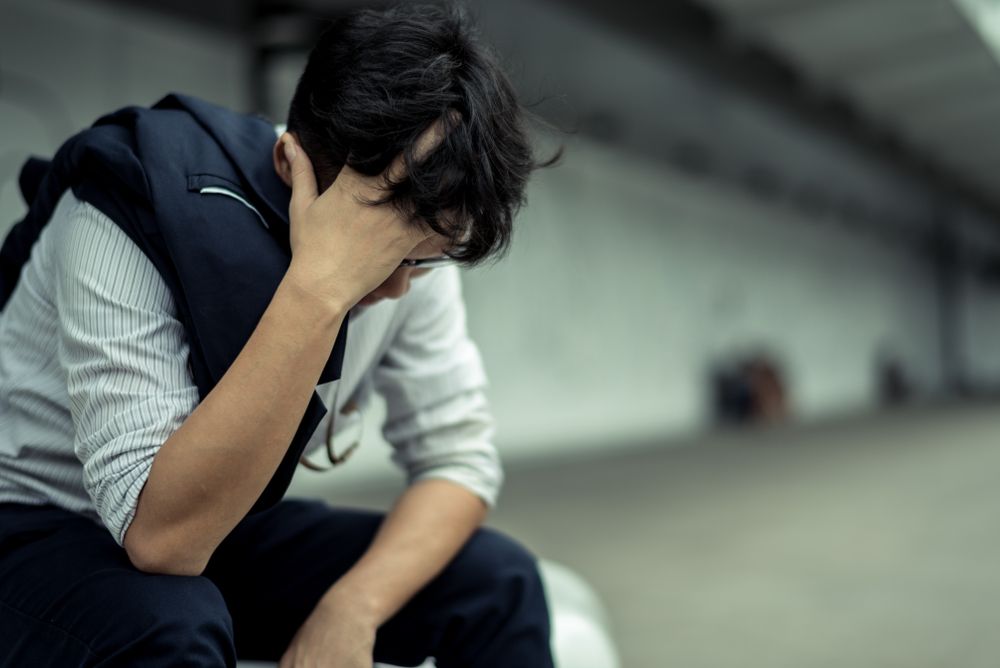
Related Articles

Top 12 Rheumatoid Arthritis Prescriptions
Rheumatoid arthritis is a chronic autoimmune condition...

Common Medications for High Cholesterol
High cholesterol is one of the most common and...
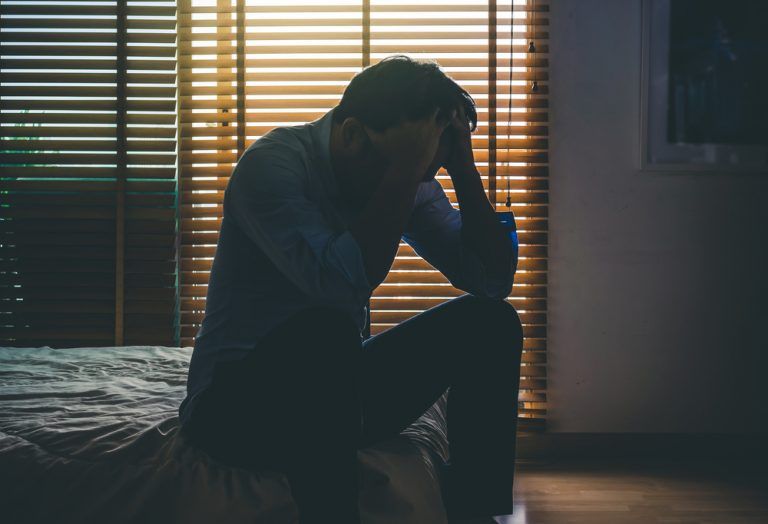
10 Hypertension Medications to Know and How They Work
Hypertension, commonly called high blood pressure, is...
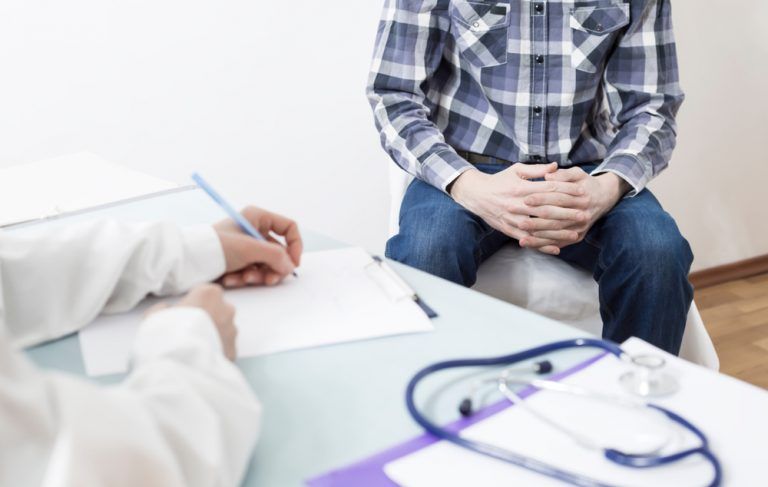
7 Eczema Medications to Help for Better Skin Control
Eczema, also known as atopic dermatitis, is a...
